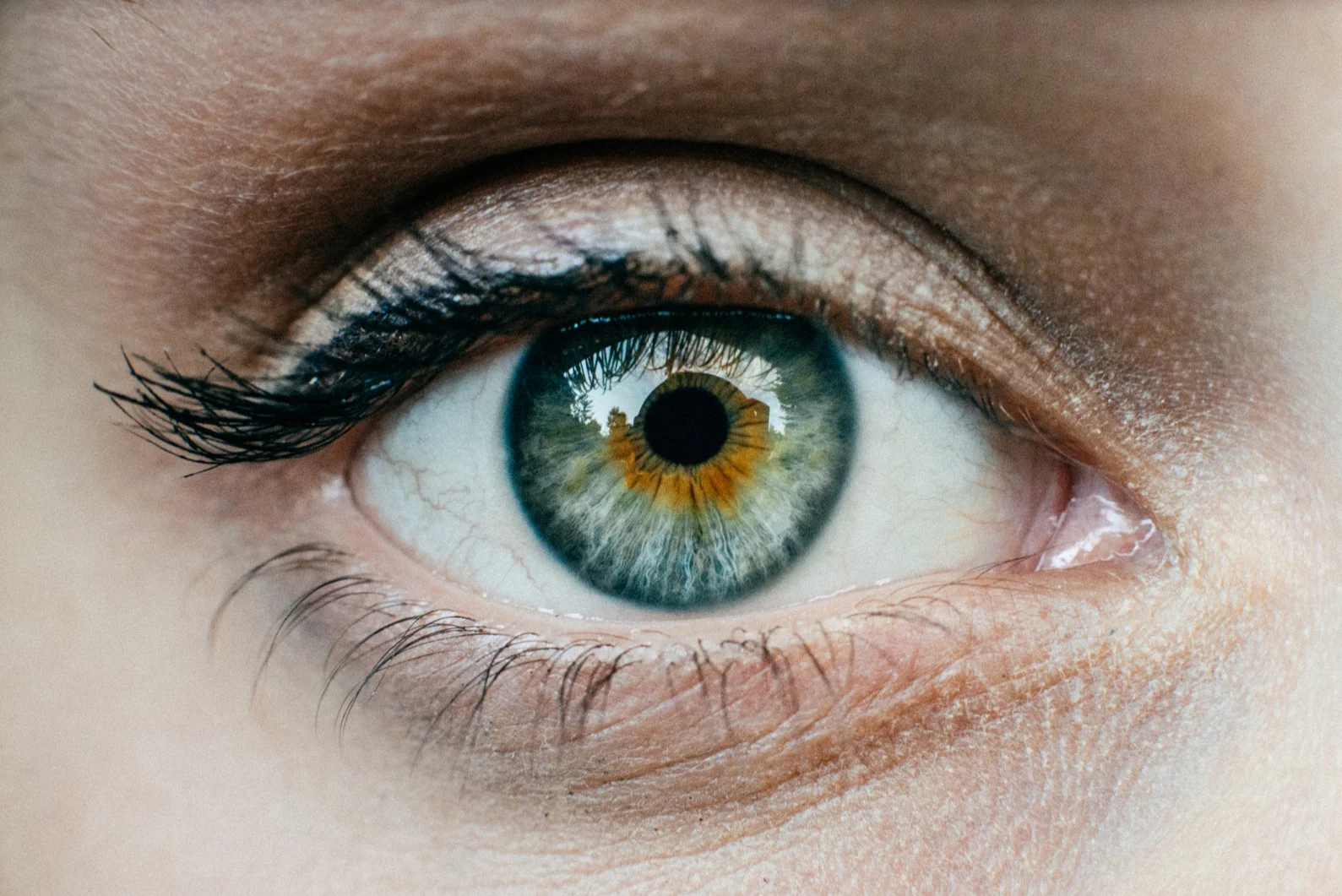Can Your Thyroid Affect Your Fertility? Here's What the Latest Research Says
9/12/2025
News
Catch up on the latest news and insights from the team at LivingCare.
Fertility Services

Fertility Evaluation: Your Starting Point for Family Planning
13/11/2025
Ear, Nose & Throat (ENT)

Feeding Struggles and Tongue Tie: What’s the Connection?
27/10/2025
Cosmetic Services

Is Blepharoplasty Just Cosmetic?
13/10/2025
Fertility Services

Fertility Counselling Support During IVF
15/9/2025
